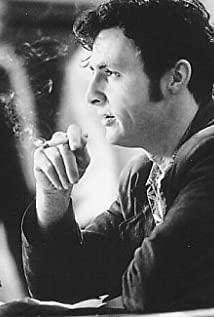People usually say that the killers are demons, but the massacres in Rwanda were not just composed of political extremists (military militias), but ordinary Hutu civilians. These slayers have one feature in common: they can switch seamlessly between ordinary and slaughterer identities at any time. In the face of bloodshed and death, there is no guilt or pity, but when he returns to his own home, he can be a filial son, a loving father, and an excellent husband. Ordinary people usually have certain psychological barriers in the face of their own injuries and deaths, such as PTSD, which usually manifests as sympathy, pity for the victim, and remorse for themselves, but it is strange that the Nazis The massacres, the Armenian genocide, the Pygmies genocide, the Rwandan genocide did not or rarely had this psychological barrier. German philosophers therefore came up with a concept called "the banality of evil", but the question is how do they ensure that they will not have moral breakdowns or psychological obstacles due to cognitive conflicts? Cognitive conflict, that is, all people tend to think that they are a good person, but all people can realize that hurting and killing people is a bad thing. When a good person conflicts with a bad thing, our consciousness will automatically Bad things turn into good things to maintain the perception that we are good people. The killers used two terrible concepts to turn the massacre into a good thing: in the case of the Rwanda massacre, it was not "people" but "Tutsi cockroaches" who were killed (example: Germans made Jews into "human skin lampshades") , Make Jewish skulls into decorations and use Jews for human experiments; Hutu people call Tutsi women "Tutsi prostitutes", and they can enjoy them before killing them; massacre Tutsi children, saying that Tutsi will be eliminated the hope of the family), they no longer regard the victim as a human being, so they automatically cut off all emotional connections with the victim, so that they can carry out the massacre recklessly; the two murderers have shaped themselves as victims, and the murderers believe that This is not an active massacre but a revenge, a helpless resistance of the Hutu people against the long-term oppression of the Hutu people by the Tutsi people. Using these two concepts, the slaughterer transformed the "killing" mentality into "just slaughtering" without any guilt.
View more about Hotel Rwanda reviews











